Eight things being a forensic psychologist has taught me
Forensic psychologist, campaigner and author Kerry Daynes has spent more than twenty years delving into the psyche of the UK’s most complex and challenging prisoners. Here she shares what she’s learned along the way….
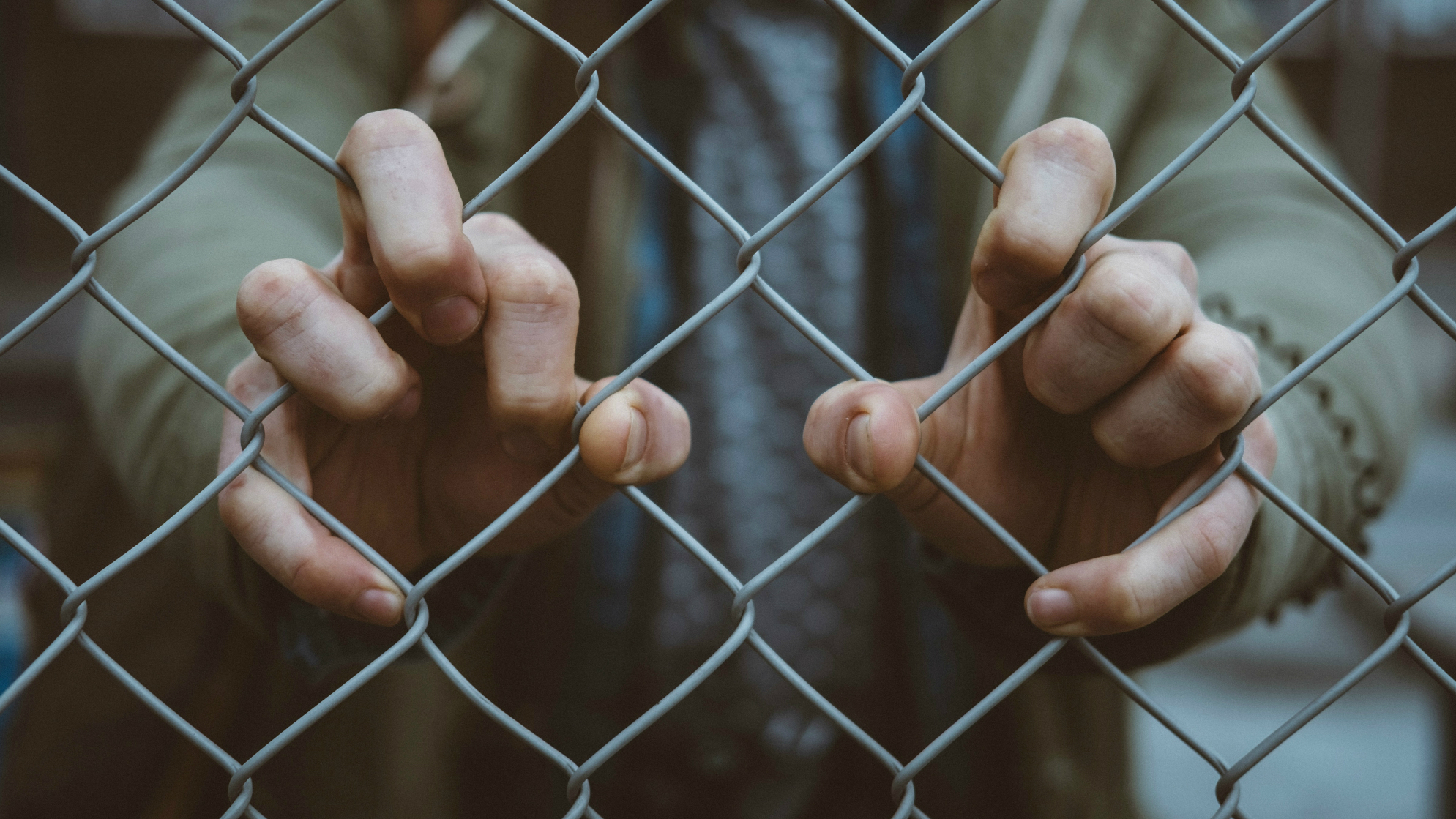
Forensic psychologist, campaigner and author Kerry Daynes has spent more than twenty years delving into the psyche of the UK’s most complex and challenging prisoners. Here she shares what she’s learned along the way….
More than twenty years on the frontline of forensic psychology teaches you a few things, according to psychologist and author of The Dark Side Of The Mind, Kerry Daynes. Having worked with some of the UK’s most challenging – and dangerous – men and women in a bid to help them become law-abiding citizens, she’s seen it all (and then some). Here, Kerry explains what she’s learned…
1. Eyeballs aren’t great in soup. One of the residents of the secure hospital unit I worked in as a fresh-faced trainee had a glass eye, and a sadistic nature. Previously, he’d been convicted of the torture and murder of two women. The first time we met, he came up silently behind me whilst I was eating lunch and popped out his ocular prothesis (a glass eye) into my soup. I screamed the place down. At that moment I realised that I was going to have to learn to manage my emotional responses to extreme behaviour if I was going to make it in this job.
2. Women lead the way in forensics. People are always shocked to learn what I do. If I had a pound for every time I’ve been told I ‘don’t look like a forensic psychologist’ I’d be relaxing on a beach somewhere. What people really mean is that I don’t look like Robbie Coltrane, who played ‘Cracker’, and that I’m not a man. But despite what you see on television, a whopping 80% of forensic psychologists are female, and women greatly outnumber men in the field of forensic science.
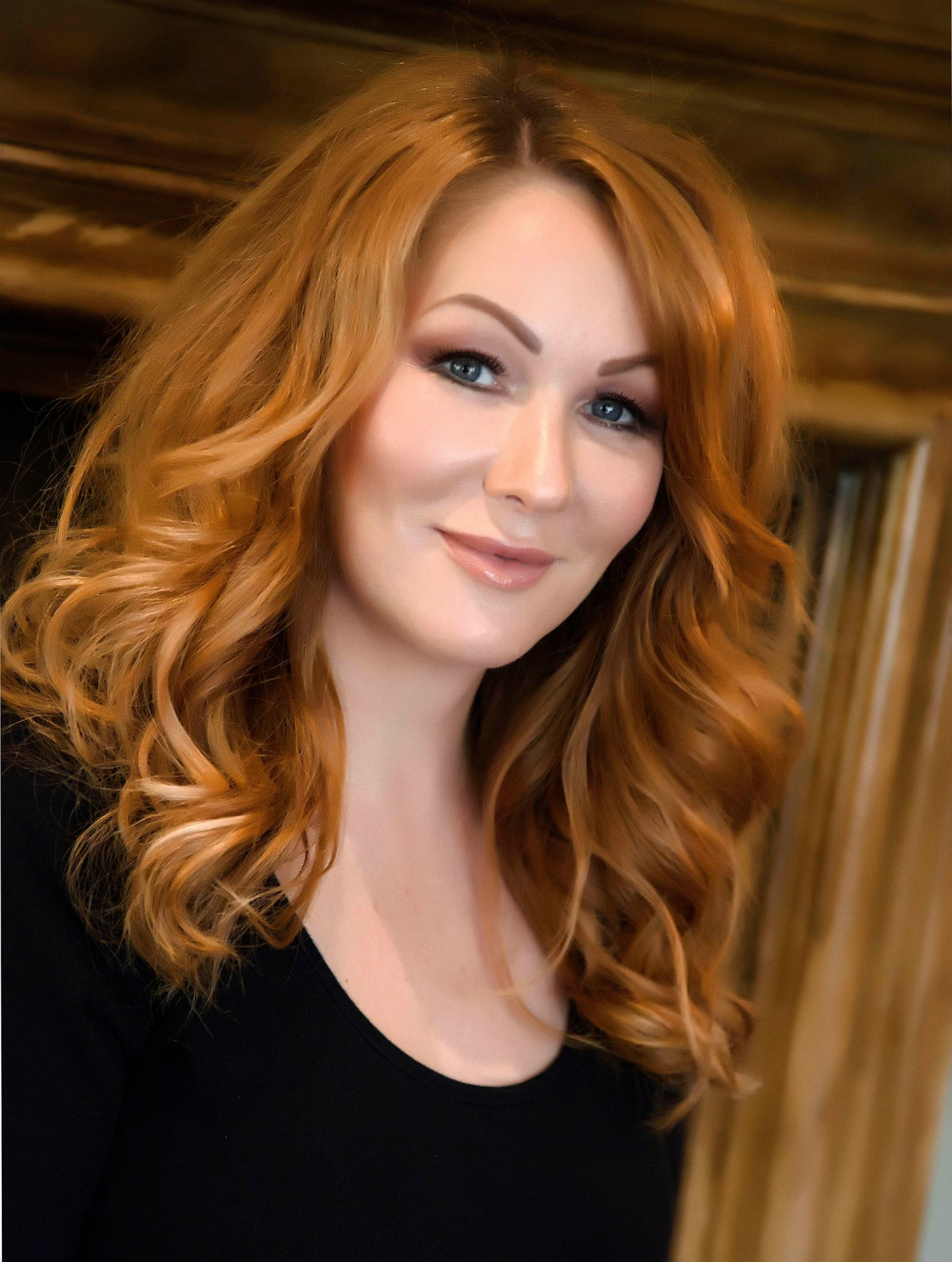
3. How to dismember a body. At one point, I worked with a serial killer, a trained butcher, who talked me through (in great detail) how to bone a turkey. We were both highly aware that these were the skills he had used to dispose of the bodies of his victims. Perhaps unsurprisingly, I became a vegetarian soon after.
4. The number of women and girls dying at the hands of men is increasing. The vast majority are killed by current or former partners, or men they know. Danger to women doesn’t necessarily lurk in dark alleyways, either. Of the 149 women over the age of fourteen who were killed in 2019, only nine were killed by strangers. And yet, women are constantly fed ridiculous safety ‘education’ – things like ‘don’t go out alone at night’ or ‘walk with your keys between your fingers’. This angers me because it doesn’t reflect the reality of violence towards women and puts the onus on women. Instead, we need to start educating men not to abuse or kill the women in their lives.
5. Looking at crime scene photographs doesn’t get easier. Death is such an intimate moment and looking at pictures of someone who has been killed - especially in a particularly humiliating or brutal way – isn’t something that gets any more ‘normal’. It always takes a few seconds for my mind to register what I’m seeing. My body registers it first and it takes an unpleasant moment for the lurch in my stomach to subside.
Marie Claire Newsletter
Celebrity news, beauty, fashion advice, and fascinating features, delivered straight to your inbox!
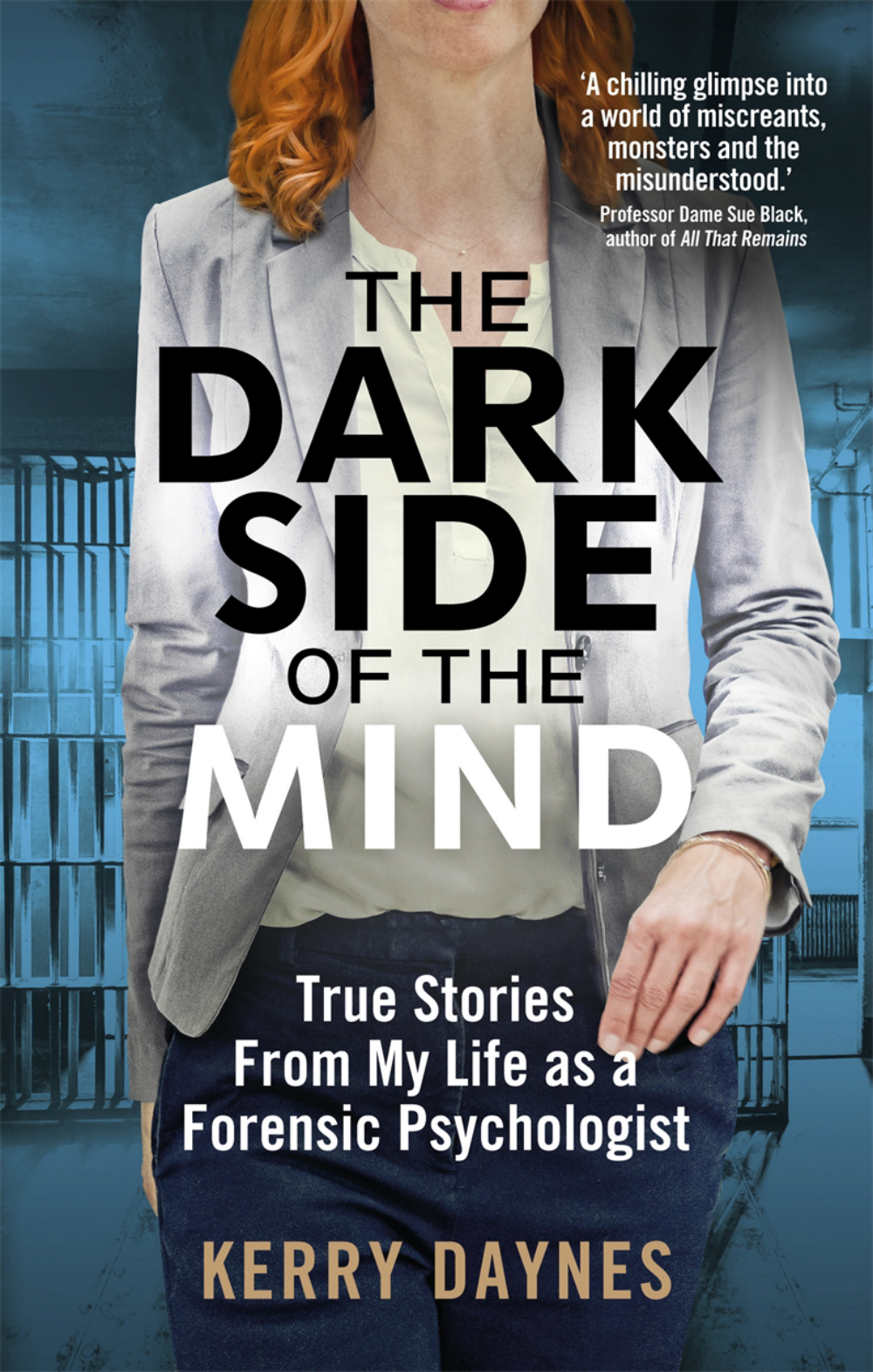
6. A gallows sense of humour is essential. Poking fun at tragic or shocking events is common among emergency service personnel and in mental health settings. Dark humour comes naturally to me but for those who aren’t familiar with the world I work in, it can seem insensitive. Personally, I think of it as one of the most important tools for keeping a grip on my own sanity. Also, I have broken up more fights with improvised comedy routines than I ever could with brute force.
7. Work can follow you home. Once I became the victim of a stalker. Over a period of years he watched me, set up bizarre websites in my name and wrote to me. When it first began, the law did not define stalking as a specific offence. It stunned me how inadequate the protections for victims were. Stalking behaviours precede 94% of murders of women. I felt afraid for my life, but I was able to take back some control by campaigning for the introduction of a raft of new measures to protect stalking victims. I was thrilled to see them passed into law last year.
8. We must do better. I became a forensic psychologist because I had idealistic notions of contributing to a better world. I think I have achieved some part of that - I once received a thank you card that said “without you I would have killed my ex-wife”! But I have had to concede that our over-crowded prisons and hospitals too often fail victims and offenders alike.
The Dark Side of the Mind: True Stories from My Life as a Forensic Psychologist by Kerry Daynes is published by Endeavor and costs £7.99. It is also available as e-book and in audio.
The leading destination for fashion, beauty, shopping and finger-on-the-pulse views on the latest issues. Marie Claire's travel content helps you delight in discovering new destinations around the globe, offering a unique – and sometimes unchartered – travel experience. From new hotel openings to the destinations tipped to take over our travel calendars, this iconic name has it covered.
-
 Prince Harry's "proud" words about wife Meghan Markle are going viral
Prince Harry's "proud" words about wife Meghan Markle are going viralBy Jenny Proudfoot
-
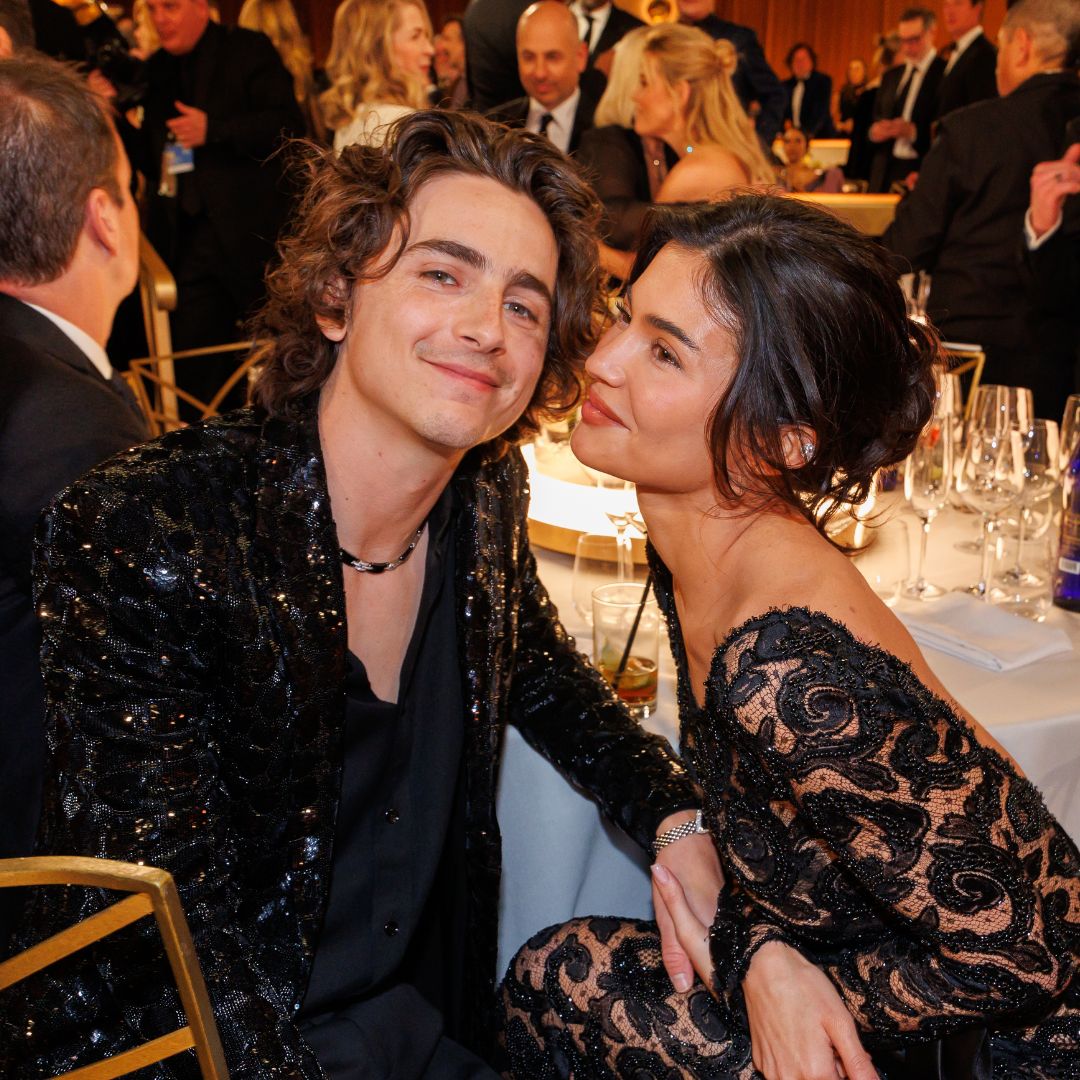 Sources have opened up about Timothée Chalamet and Kylie Jenner's "intense" start to the year
Sources have opened up about Timothée Chalamet and Kylie Jenner's "intense" start to the yearBy Jenny Proudfoot
-
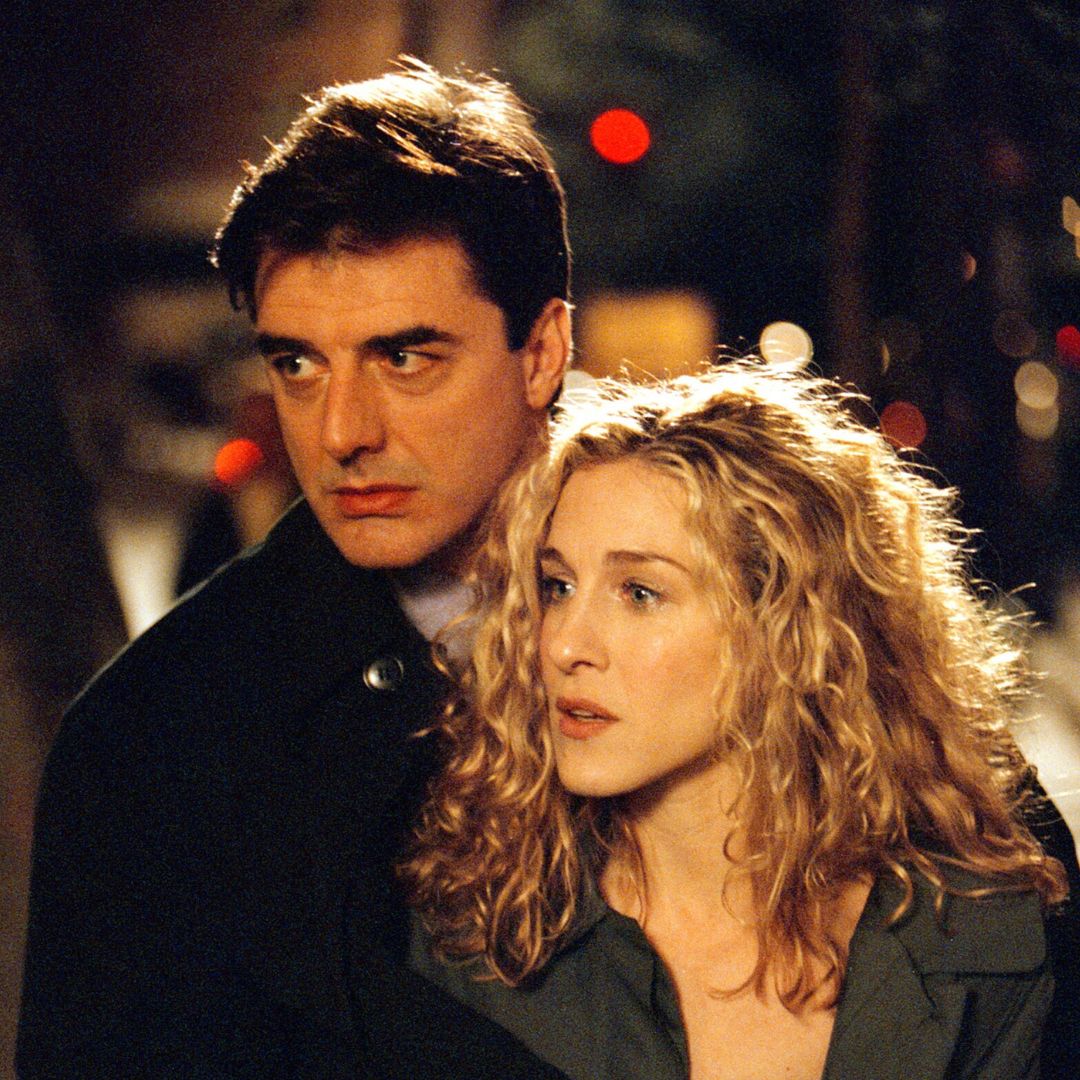 Two Hollywood actresses were offered the role of Carrie Bradshaw before Sarah Jessica Parker
Two Hollywood actresses were offered the role of Carrie Bradshaw before Sarah Jessica ParkerBy Jenny Proudfoot